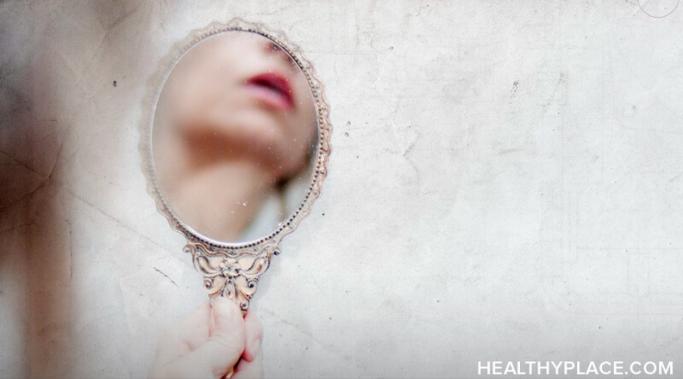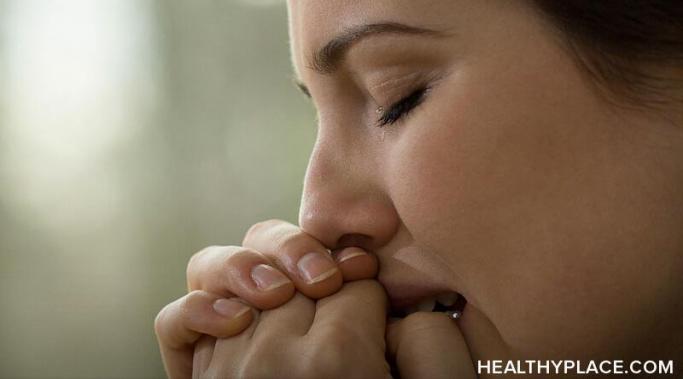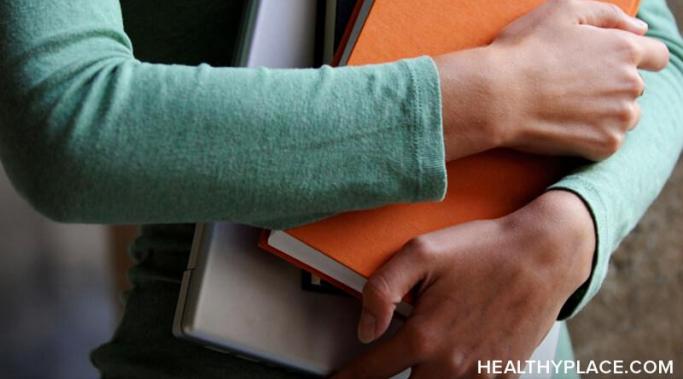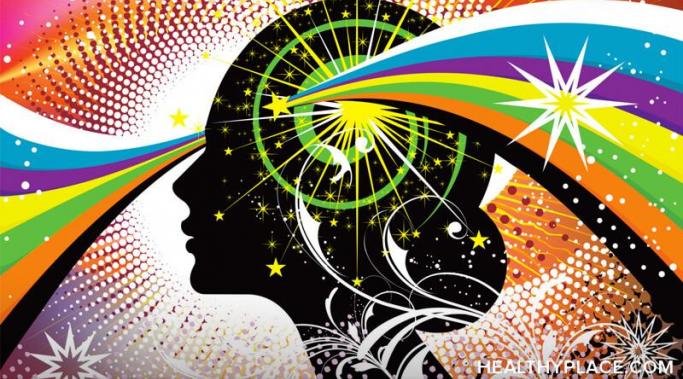Understanding the difference between self-confidence and self-worth has helped me on my mental illness recovery journey. Self-confidence is more exterior, valuing my abilities and external presentation. Self-worth is my internal view of myself and what I deserve. Learn more about mental illness and self-confidence versus self-worth below.
Mental Health - Recovering from Mental Illness
Goodbyes suck. I suck at giving goodbyes. There are times I’m more likely to fade away than give a proper goodbye. But, in this case, I’m here to give a proper goodbye to HealthyPlace. As much as I don’t want to say goodbye, it feels like it’s time for me to move along.
Anxiety and decision-making do not go together—like, at all. Have you ever seen that meme from the movie version of The Notebook where Ryan Gosling’s character asks, “What do you want?” and Rachel McAdams' character says, “It’s not that simple!”? That’s my everyday life. I’d be lying if I said my boyfriend hasn’t quoted that dialog to me on more than one occasion.
Do you know that saying that other people’s opinions of you are none of your business? As much as I try to keep that in my head, that’s easier said than followed, and other people's perceptions of me trigger negative thoughts.
I’ve never described it in these terms, but I hacked my skin-picking disorder. Excoriation disorder used to control every aspect of my life—physically and emotionally—and I was certain I’d suffer forever. Today, I can share with you that this is far from reality. I might have skin picking disorder, but it doesn’t have me.
When I reflect on my recovery from mental illness, it comes down to three key factors. This blog will go over these three things. I know how difficult the struggle is with mental illness, so I hope they’re helpful to others.
No matter how much someone covets mental illness recovery, some part of it feels scary. My struggles with mental health started when I was very young, and there were years and years when I was desperate for recovery—but I was also terrified of it. From what I’ve seen, my experience and feelings are not uncommon, so I want to take a closer look at that.
I know it might sound odd, but sometimes I miss being sick. I've gotten so much better over the past few months, and there is a small part of me that misses being sick, and I'm willing to bet I'm not the only one who's ever felt this way. So, let's talk about it.
Self-help books have been immensely helpful in my journey to recover from mental illness and generally improve my self-worth, but despite their usefulness, I'm often ashamed to admit how many self-help books I read. In my family, I'm known as the "self-help junkie" and teased as if that is a bad thing.
Impulsivity is a symptom of many mental illnesses, from borderline personality disorder (BPD) to attention-deficit/hyperactivity disorder (ADHD) and more. Unlike other symptoms, such as anxiety or apathy, impulsivity is still highly stigmatized and is often portrayed as being immature or careless rather than being a symptom of mental illness. Although impulsivity can definitely cause issues in your life, I would also argue that there are some hidden benefits of impulsivity.









